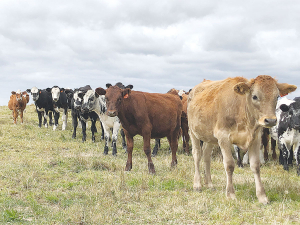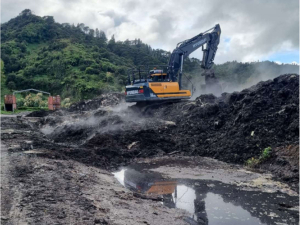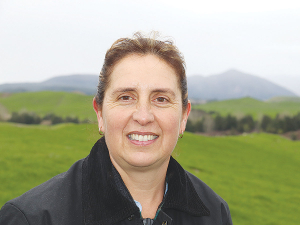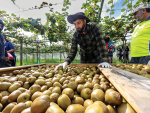OPINION: The Government's so-called plan to price agricultural emissions must surely rank as one of the most bewildering decisions in the history of New Zealand farming.
This is about a proposal that could see many sheep and beef farmers' incomes cut by up to 20%. Making the sheep and beef sector unviable has huge implications. Farmers could well walk off their land and leave it to the 'plant and walk carbon farmers'.
If this wasn't bad enough, the group most likely to be affected is Māori. Ardern and her Green mates love to publically display their support for Māori and all the things they are doing for them, which no one can seriously argue about. Traditionally Labour has been strongly supported by Māori - but is this about to end?
Māori produce about 15% of the country's sheep and beef exports and Māori make up close to 30% of the workforce in meat processing plants. Their asset base in the sheep and beef sector is over $8 billion.
Federated Farmers president Andrew Hoggard and other commentators are on the money when they say the present Government's proposal will wipe out a large part of heartland NZ and will cause massive economic and social consequences in rural communities, especially the East Coast and the centre of the North Island where there are large numbers of Māori farms.
Freezing works could well close and already poor communities could become destitute. All for the sake, some say, of giving the PM the chance to prance around on the world stage in Red Bands and say, "We are first to tax our farmers". While the rest of the world will continue polluting on!
The government line is that most of the recommendations by a consortium of the rural sector have been accepted, and that's probably correct, but it's the crazy changes it is proposing to these recommendations that beggars belief. How long will it be before we are importing lamb, not exporting it to China, or buying beef, not selling beef to the USA? It might sound dramatic, but the risk is, it could be true - not to mention massive unemployment in rural NZ.
One has to feel a bit sorry for Agriculture Minister Damien O'Connor who (to rework his own phrase) seems caught between a 'gaggle of greens and chardonnay-swigging socialists'.
Nice act Arder, on the international stage, but spare a thought for heartland NZ, which is seemingly being flushed down the dunny.











